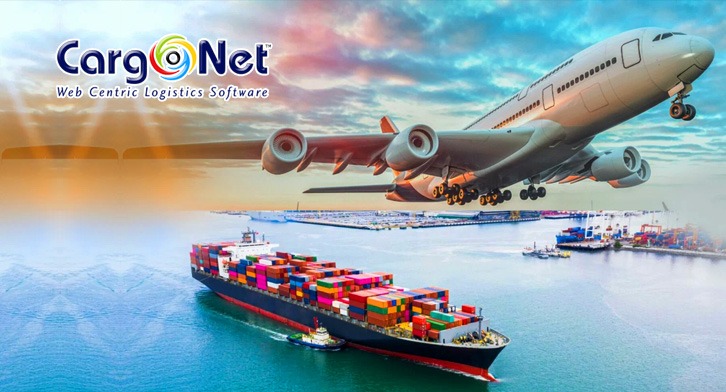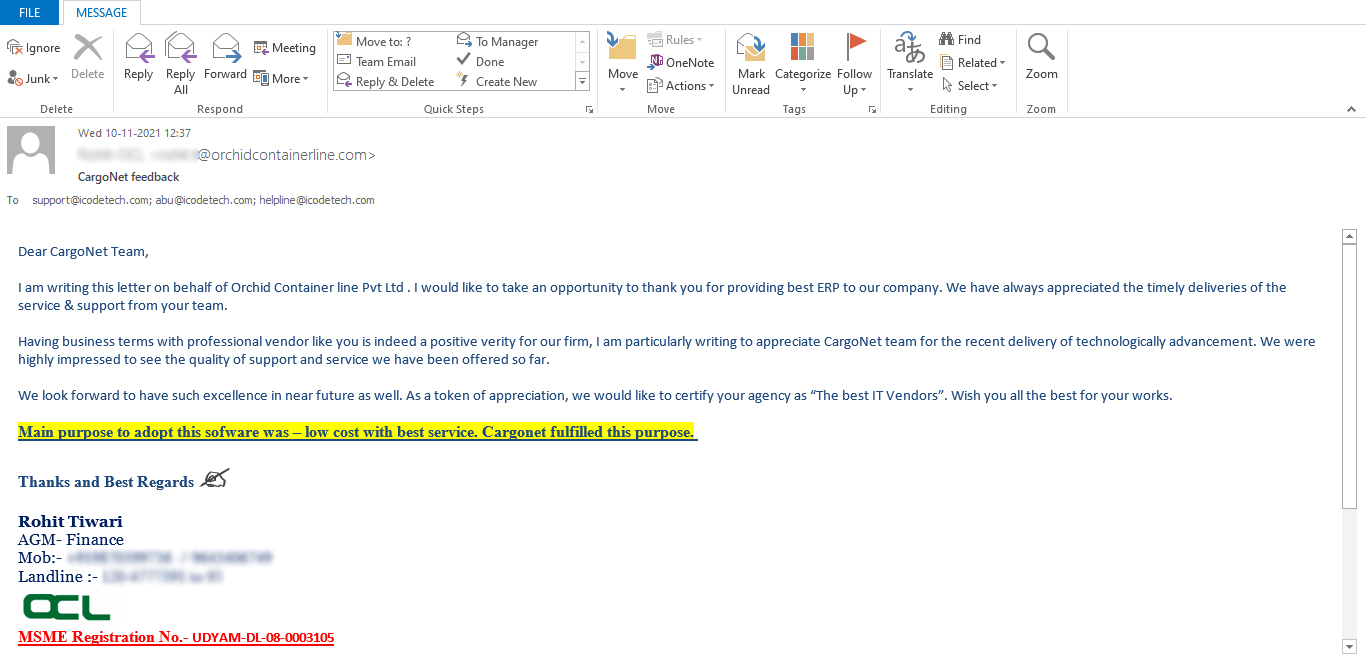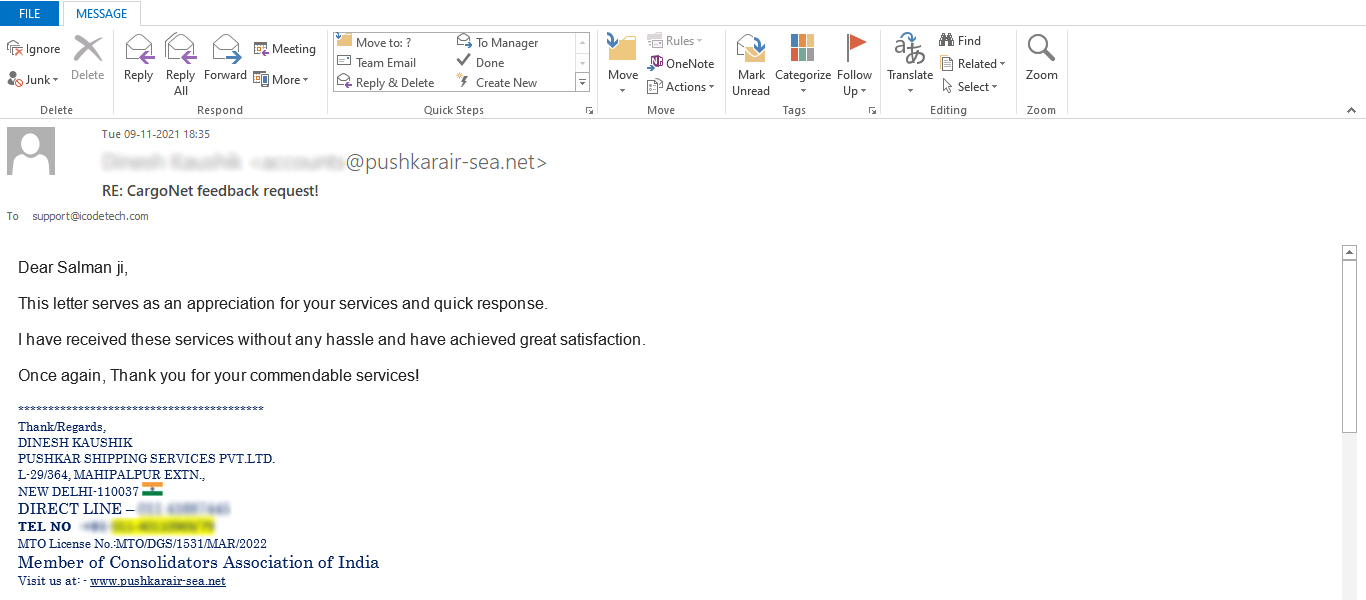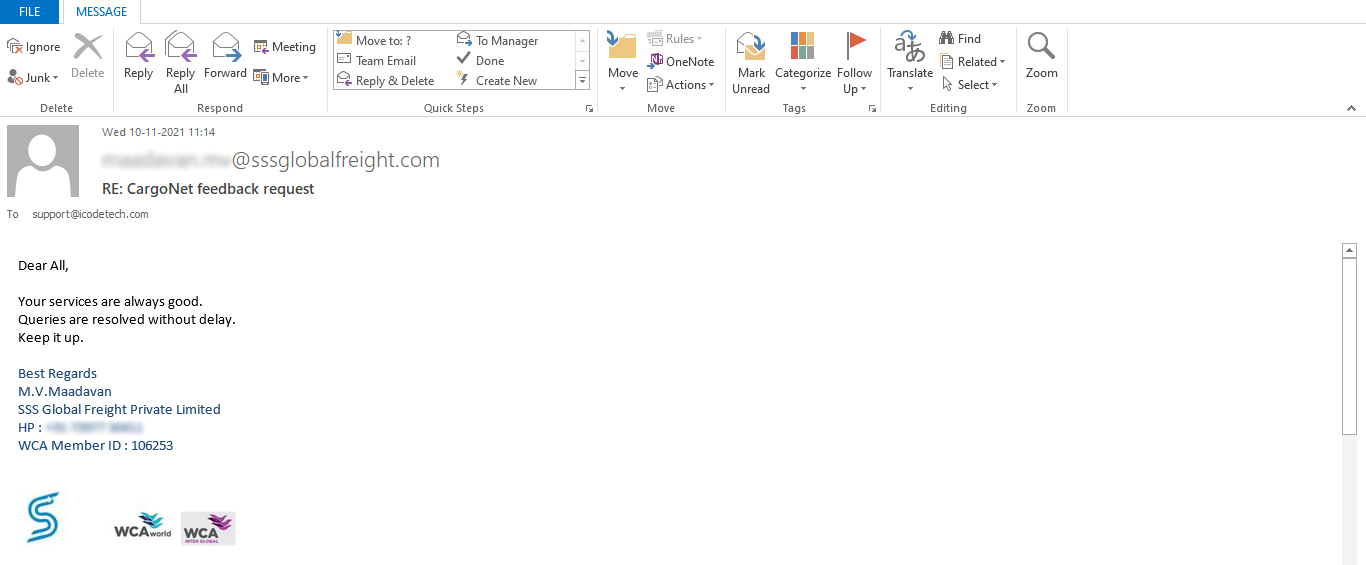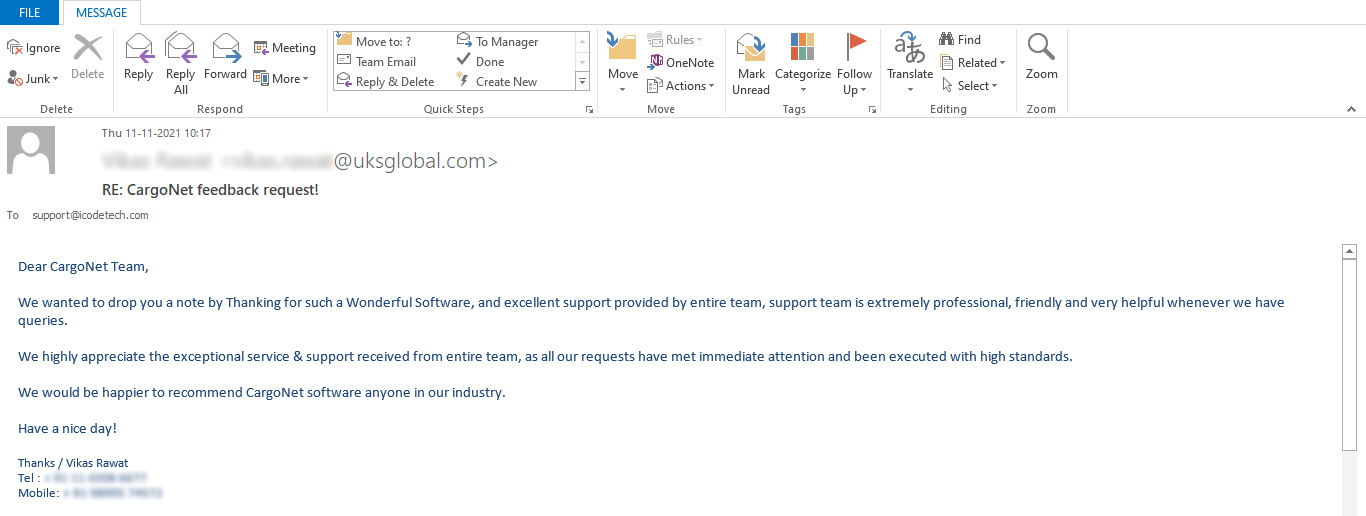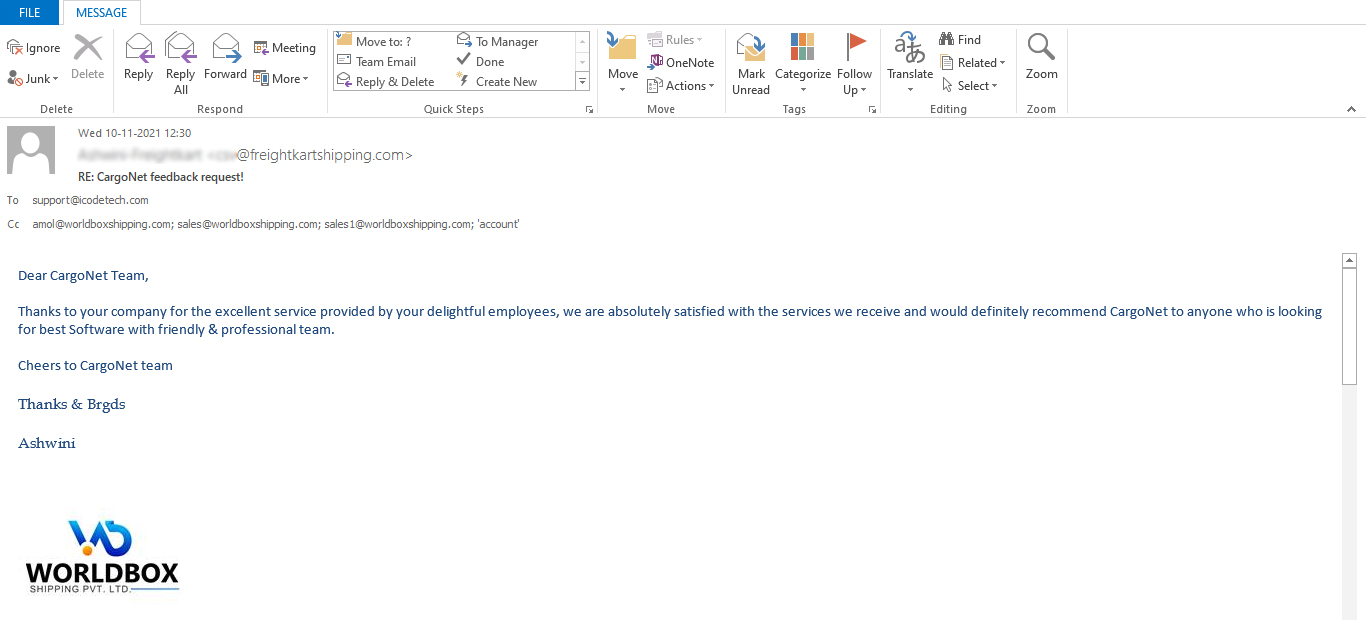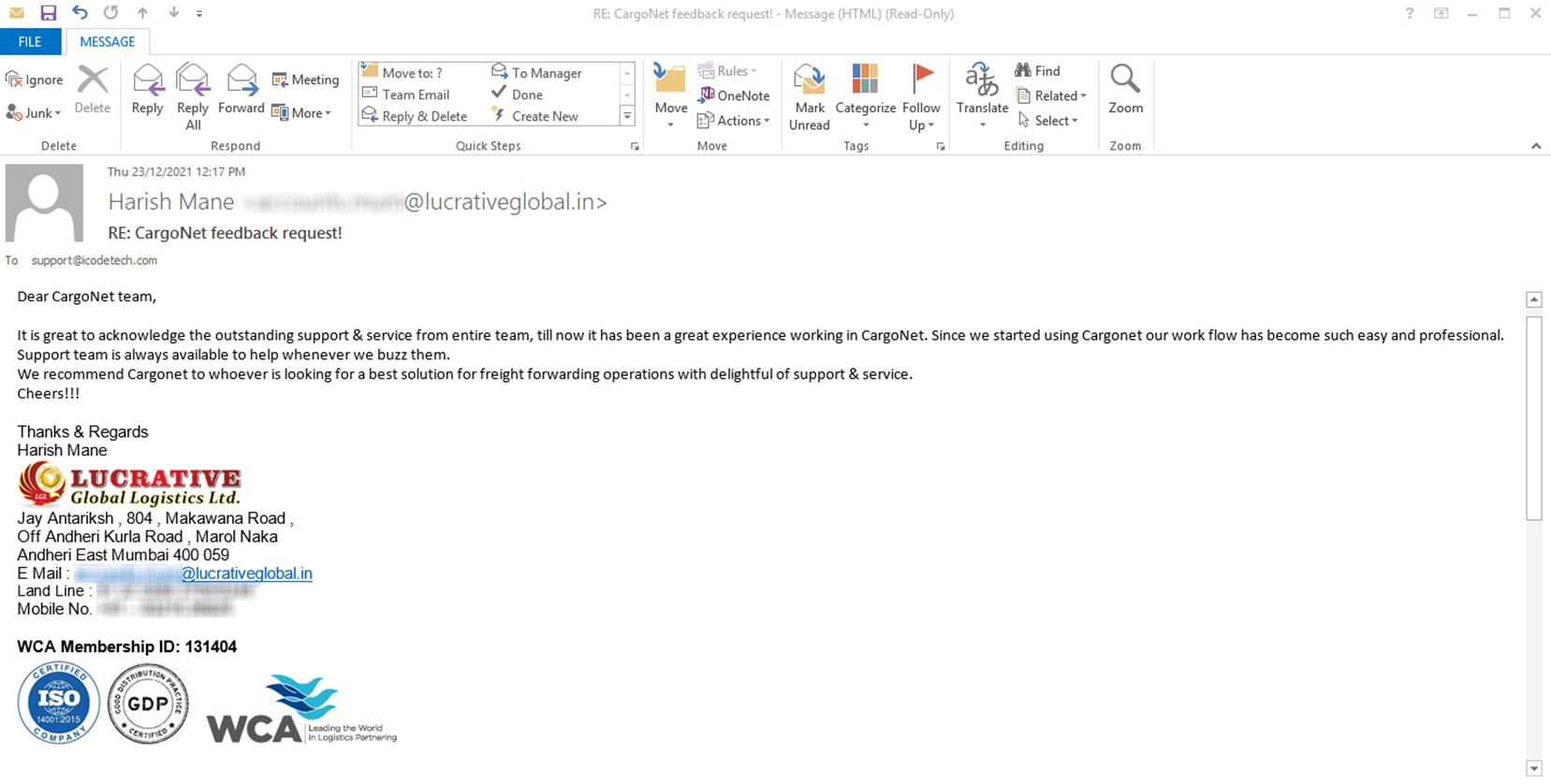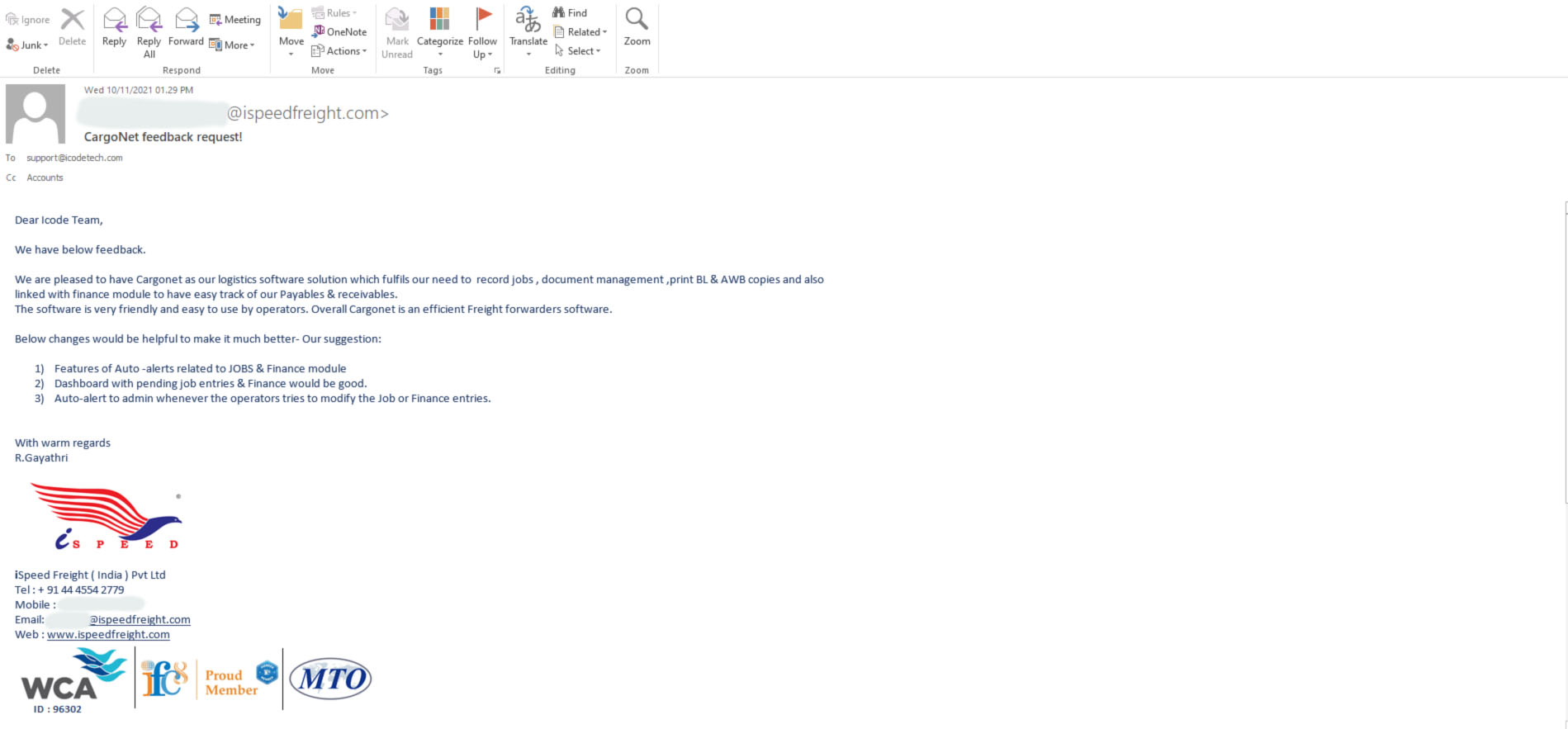The global economy operates as a highly interconnected web, where any disturbance in one sector sets off ripple effects across the entire network. This reality is particularly pronounced in the realm of international trade and the intricate logistics involved in transporting goods. Recent geopolitical conflicts have only served to compound these complexities, with the introduction of war fuel surcharges emerging as a notable concern for businesses and consumers alike. Consequently, there is a heightened awareness surrounding the escalating costs of shipping.
What are Fuel Surcharges ?
Fuel surcharges are additional fees imposed by transportation companies, such as airlines or shipping companies, to offset the rising costs of fuel. These charges typically fluctuate based on changes in fuel prices, and they are often applied as a percentage of the total transportation cost. Fuel surcharges are common in industries like air travel, freight shipping, and ground transportation, where fuel represents a significant portion of operational expenses. They help companies manage the volatility of fuel prices and ensure that they can continue to provide services even as fuel costs fluctuate.
Why are Fuel Surcharges Important?
Fuel surcharges are integral to the transportation industry for several reasons. Firstly, they enable companies to manage the significant expense of fuel, which can fluctuate due to various factors such as geopolitical tensions and changes in global oil markets. By implementing fuel surcharges, transportation companies can offset these costs and better manage their overall expenses. Secondly, fuel surcharges help maintain revenue stability by providing a mechanism for companies to adjust prices in response to changes in fuel prices. This stability is essential for ensuring profitability and financial resilience over time. Additionally, fuel surcharges promote fairness in pricing by distributing the costs associated with fuel consumption among customers. Without these surcharges, companies might need to adjust base rates, potentially affecting certain customers or market segments disproportionately. Finally, fuel surcharges enhance transparency by clearly indicating to customers the specific costs related to fuel. This transparency allows customers to make informed decisions and understand how changes in fuel prices impact the overall cost of transportation services. Overall, fuel surcharges play a crucial role in the transportation industry by helping companies manage costs, maintain revenue stability, ensure fairness in pricing, and provide transparency to customers regarding fuel-related expenses.
War and the rise of fuel surcharges
Global conflicts have a far-reaching impact beyond their immediate geopolitical boundaries. The recent war in Ukraine, a significant oil producer and exporter, disrupted oil production and distribution, leading to notable price spikes in the global oil market. In response, shipping companies, grappling with heightened fuel costs, swiftly implemented war fuel surcharges to safeguard their profit margins.
Impact on Businesses and Consumers
These surcharges have a big impact on both businesses and consumers. Businesses that depend on international trade end up paying more for shipping, which means they have to tweak their budgets and pricing to stay afloat. And guess who ends up paying for it? Consumers. Because when shipping costs go up, so do the prices of imported goods. This leads to inflation, which ultimately chips away at consumers’ purchasing power everywhere.
Beyond Financial Considerations
Beyond just money, war fuel surcharges can cause a lot of other problems too. They mess with global supply chains, making it hard for businesses to keep track of their inventory and plan for the future. Plus, higher transportation costs can slow down trade between countries, which hurts economic growth. And for places that depend on imported food, these extra shipping fees can make it even harder for people to get what they need to eat, making things worse for those who are already struggling.
Charting the Course Forward
The future of war fuel surcharges depends on how the conflict unfolds and whether the global oil market stays stable. To deal with future price changes, it’s important to look into other fuel options and make transportation more energy efficient. For businesses in international freight, it’s crucial to keep an eye on the current fuel surcharge rates. Reading industry news and working with freight companies can help businesses understand what’s happening and make smart decisions.
A Collaborative Approach
Dealing with the problems caused by war fuel surcharges needs everyone to work together globally. Governments, businesses, and international groups must team up to keep goods moving smoothly and prevent prices from going up too much. By working together and realizing how serious these surcharges are, we can make the world trade system stronger and fairer. In short, by recognizing and dealing with war fuel surcharges now, we can handle these economic problems and set the stage for a better future for everyone.
How CargoNet Software Mitigates War Fuel Surcharges in Sea and Air Freight
CargoNet freight forwarding software can be particularly beneficial in addressing the challenges posed by war fuel surcharges in sea and air freight. Here’s how :
Historical Data Analysis: CargoNet software leverages historical data of freight charges, including fuel surcharges, to provide valuable insights. By analyzing past trends and patterns, users can identify cost-saving opportunities and optimize their shipping strategies to mitigate the impact of war fuel surcharges.
Cost Prediction: With access to historical data and advanced predictive analytics capabilities, CargoNet software can forecast future freight charges, including fuel surcharges. By predicting potential cost increases, users can proactively adjust their shipping plans and budget accordingly, thereby minimizing financial risks associated with war fuel surcharges.
Route Optimization: CargoNet software offers route optimization features that consider various factors such as fuel prices, surcharges, transit times, and carrier options. By analyzing historical data and simulating different scenarios, users can identify the most cost-effective shipping routes and modes, ultimately reducing the impact of war fuel surcharges on overall transportation costs.
Budget Planning: By providing insights into historical freight charges and fuel surcharges, CargoNet software enables users to develop more accurate budget plans. Users can allocate resources more effectively, anticipate potential cost fluctuations, and implement proactive cost-saving measures to mitigate the impact of war fuel surcharges on their budgets.
Performance Monitoring: CargoNet software allows users to monitor the performance of their shipping operations in real-time. By tracking key performance indicators (KPIs) such as shipping costs, transit times, and fuel consumption, users can identify areas for improvement and optimize their operations to minimize the impact of war fuel surcharges.
In essence, CargoNet software empowers users with historical data analysis, cost prediction, route optimization, budget planning, and performance monitoring capabilities, enabling them to effectively navigate the challenges posed by war fuel surcharges in sea and air freight. By leveraging these features, users can optimize their shipping operations, reduce costs, and maintain competitiveness in the face of economic uncertainties.


